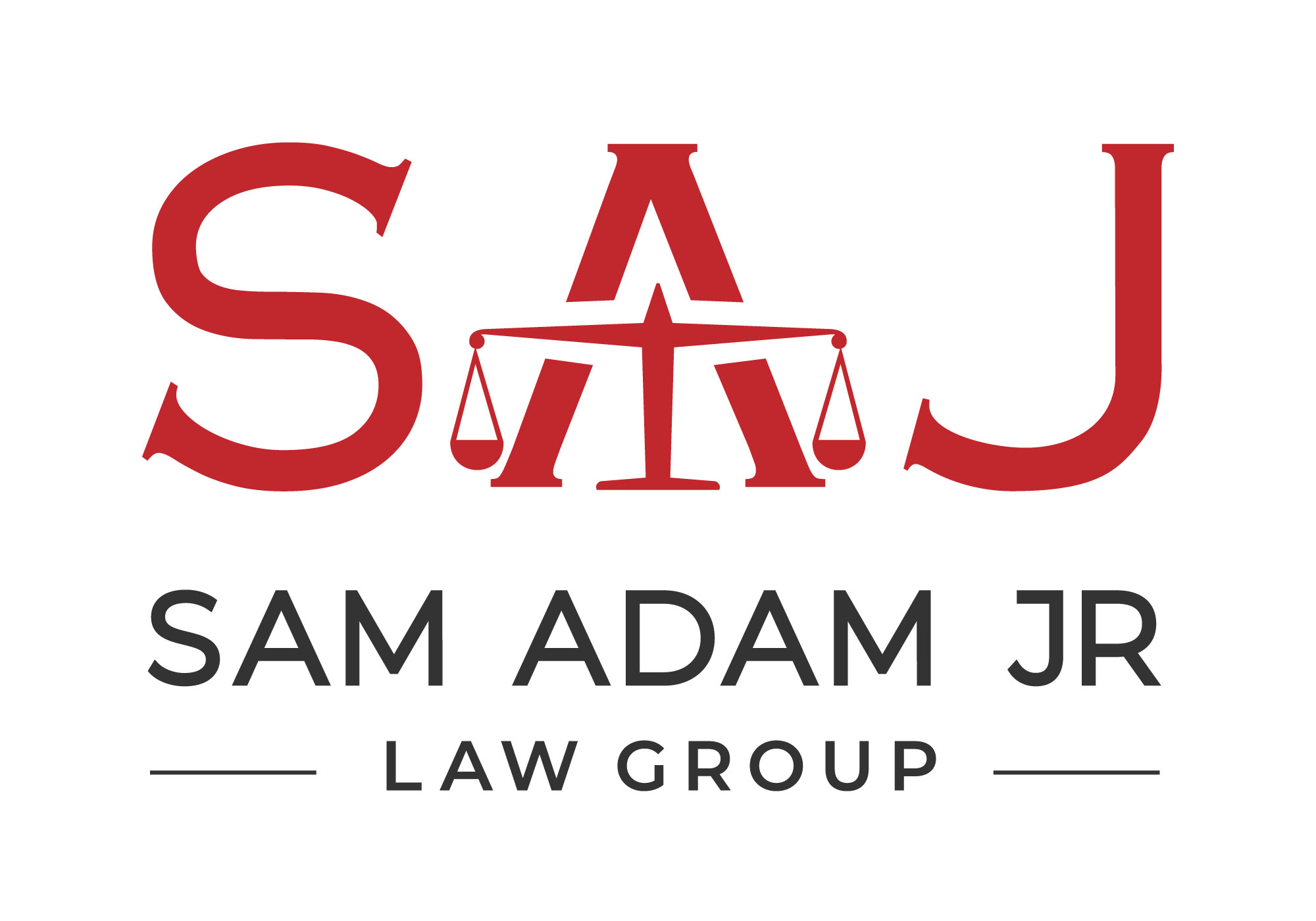What Should You Know About Medical Malpractice?
Title VII of the federal Civil Rights Act protects employees from workplace discrimination on the basis of race, color, religion, sex, and national origin. A similar federal statute, the Americans With Disabilities Act, protects employees from discrimination on the basis of disability status. And the federal Pregnancy Discrimination Act likewise makes it illegal for employers to discriminate against pregnant women.
Many states also have statutes that provide analogous protections, and some go even further by protecting against discrimination on the basis of other characteristics such as sexual orientation and gender identity.
But effectively enforcing one’s right to be free from discrimination in the workplace is no small task. An extensive body of case law has developed over the years since Congress and state legislatures enacted the various anti-discrimination laws, and even trained attorneys sometimes struggle to keep up to date with all the developments in this field. For this reason, it is extremely important to hire an experienced employment rights attorney if you feel that you’ve suffered discrimination in the workplace.
1. Why might I need an employment rights attorney to handle an employment-related problem?
Both federal and state anti-discrimination laws recognize the relative disparity in bargaining power between employees (and non-unionized employees in particular) and the companies that employ them. Anti-discrimination laws are designed to both protect vulnerable classes of employees and to even the playing field, so to speak, so that all workers have an opportunity to succeed in their jobs regardless of their personal circumstances.
But unfortunately, some employees nevertheless find themselves in a position where their employers treated them differently from their peers. If, for example, an employer denies an employee a promotion, forces the employee to take a pay cut, or outright fires the employee for a discriminatory reason, hiring an employment rights attorney is the best way, and sometimes the only way, for an employee to vindicate his or her rights.
No two employment rights cases look the same. Employment rights attorneys not only know the law in this specialized area, but they also know the rules of civil procedure that all litigants must follow when presenting their case in court. In other words, winning an employment rights case requires both knowledge of the law and the ability to apply the law to the facts of each unique case, all while following the applicable procedural rules.
In that vein, employment rights cases are very fact-intensive. They often involve extensive periods of pre-trial “discovery,” which involves requesting documents, taking depositions, and requesting written admissions of certain facts in order to establish a record in the case before going to trial. Employment rights attorneys know which facts are most important to emphasize and therefore how and where to look for proof of those facts in order to build the strongest case possible.
Gathering evidence, however, is only one component of litigating an employment rights case. The employee must also prove his or her case by presenting that evidence to the court and to a jury, explaining how the law applies to all the evidence presented, and convincing the jury that the employee did in fact suffer illegal discrimination at work.
Thus, in addition to knowing how to effectively investigate an employment rights case, employment rights attorneys know how to present evidence, submit documents, and follow the other procedural rules required to successfully make a case in court. What is more, employment rights attorneys are familiar with the tactics and strategies used by companies and defense attorneys to oppose employment discrimination claims, maximizing the employee’s chances of success.
In sum, employees take a great risk by trying to handle employment rights cases by themselves. Because litigating an employment rights case requires extensive discovery, strict adherence to a variety of nuanced procedural rules, and a deep understanding of substantive employment law, hiring an employment rights attorney is often the difference between winning and losing a case.
2. Should I contact an employment rights attorney right away?
In sum, employees take a great risk by trying to handle employment rights cases by themselves. Because litigating an employment rights case requires extensive discovery, strict adherence to a variety of nuanced procedural rules, and a deep understanding of substantive employment law, hiring an employment rights attorney is often the difference between winning and losing a case.
Additionally, as we briefly discussed above, employment rights cases are very fact-intensive and often require extensive pre-trial investigation. Delaying contacting an employment rights attorney risks losing valuable pieces of evidence.
Because witnesses’ memories tend to fade over time, waiting to contact an employment rights attorney increases the chances that coworkers who may have witnessed illegal discrimination against an employee will be unable to accurately recall the events, allowing the company’s defense lawyers to call those witnesses’ credibility into question in front of the jury. Furthermore, the longer an employee waits to contact an employment rights attorney, the longer a company has to potentially cover up its illegal discrimination, further reducing the employee’s chances of success.
3. When should I contact an employment rights attorney?
It’s important to note that not all adverse employment actions are illegal. Employers often have legitimate reasons to fire, lay off, or decline to promote an employee or to take some other adverse employment action. But it’s also possible for employers to give facially legitimate but ultimately pretextual reasons for taking certain employment actions.
The following list is not intended to be exclusive, as there are a variety of situations in which one should consider contacting an employment rights attorney. But these are some of the most common reasons an employee should consider meeting with and hiring an employment rights attorney:
- You’ve been subject to unwanted advances or innuendos by a coworker or superior.
- Receiving a raise or promotion was conditioned on your performance of some illegal, improper, or unwanted activity.
- Relatedly, you were denied a raise or promotion because of your refusal to perform certain activities.
- You are being treated poorly in the workplace in other respects.
- You believe or have strong evidence that you were terminated for an illegal reason.
- You are concerned that your employer is engaging in illegal activity.
- You are being pressured to sign a liability release for events that already occurred.
- You know of other employees who suffered similar illegal discrimination.
These are just a few of the situations in which any employee should strongly consider contacting an employment rights attorney. The bottom line is if you feel that your employer treated you unfairly because of your race, sex, religion, or national origin, an employment rights attorney will be able to help you evaluate your potential claims, document evidence, negotiate with your employer, and, if need be, litigate your case in court.
4. How do I find an employment rights attorney?
Deciding to contact a lawyer about a situation that happened at work is an important first step toward vindicating your legal rights as an employee. But it can be hard to know where to start. Thankfully, many state bar associations offer free lawyer directories that help connect potential clients to attorneys based on practice area and geographic location. This is a good first place to start.
From there, you can select several attorneys to meet with. It’s a good idea to meet with at least two attorneys to discuss your case and get both attorneys’ opinions before deciding which one to hire. Many employment rights attorneys offer free consultations, too, so you should not have to worry about paying for your preliminary meeting.
Ultimately, the selection of an attorney is a deeply personal decision based on your own feelings and interactions with the attorney. But in any event, it’s imperative to select an employment rights attorney who specializes in advocating for the rights of individual employees and not employers.
Employment law is a highly specialized field of practice, replete with nuances, special tests, and detailed standards. For this reason, it’s extraordinarily important to hire not just any attorney, but an attorney who specializes in employment law. Only by hiring an experienced employment rights attorney can employees be sure that the treatment they receive at work is fair and lawful.
Contact the Sam Adam Jr. Law Group today for a free consultation.

